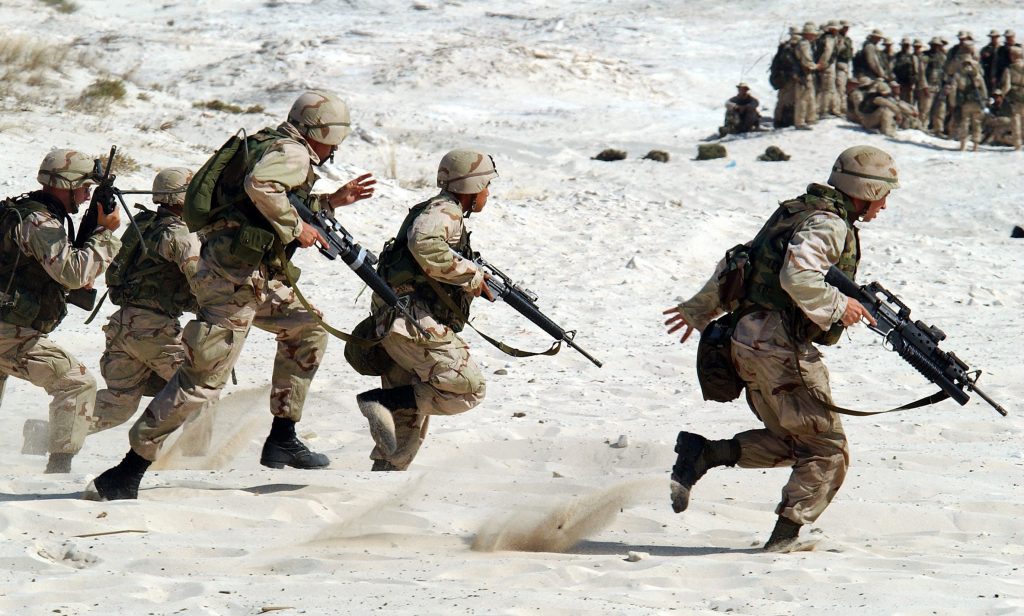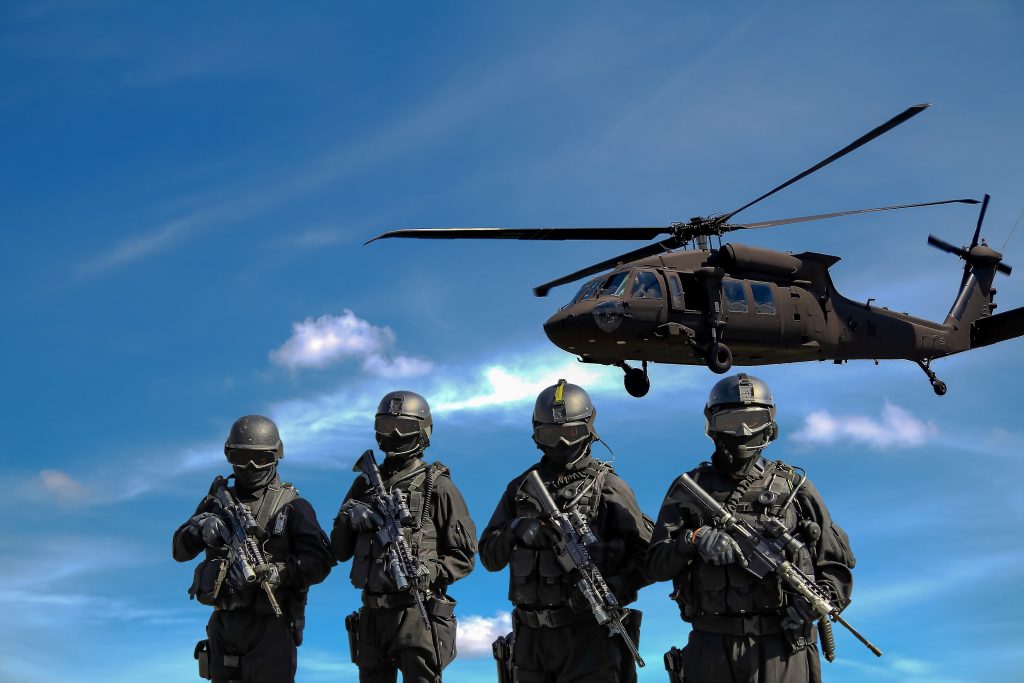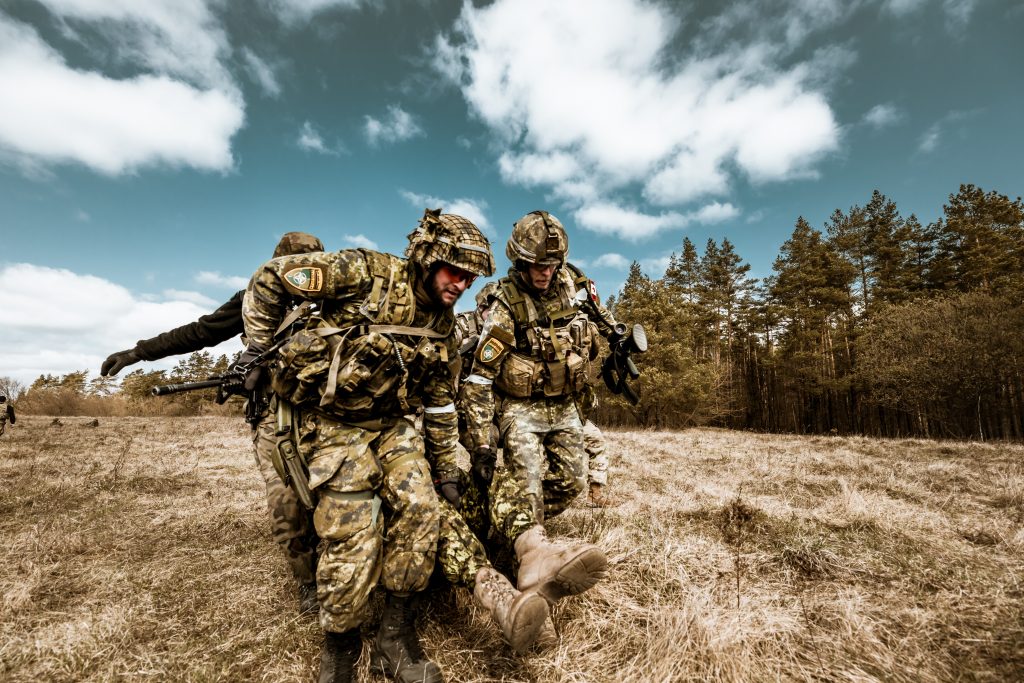This is a free essay sample available for all students. If you are looking where to buy pre written essays on the topic “Leadership and The Army Profession”, browse our private essay samples.
Leadership is not only a quality that is taught but one vital to the Army’s mission. The Army consists of a multitude of skill sets, all serving one purpose: The nation’s interest. Leadership is expected of us to serve those interests with tact, expertise, and effectiveness. Despite their position, soldiers are expected to carry out missions with the Army values in mind. The ability of the Army to maintain customs and courtesies has only strengthened its foundation of leadership. Though not exclusive to servicemen and women, soldiers separate themselves from society through professionalism in leadership.
Are you feeling overburdened by loads of writing assignments and never-ending homework? Consult EssayZoo to hire our essay writing experts and we will take care of all your essay work while you relax and enjoy.
The Importance and Role of Leadership in The Army Profession – 700 Word Long Essay

“Lead from the front” is one of the most common phrases associated with leadership in the Army but should not be the final description of the leader. The Army leader should also be associated with terms such as empathy, self-preparedness, and tact to name only a few. The image of the Army leader as a grizzled, disgruntled, and unfeeling person is outdated and inaccurate. Army leaders are now instead, assisting their troops behind the scenes with issues such as suicide prevention, sexual harassment, and assault. The leader must be ready to address all of today’s complex issues that can affect troop morale and safety.
Society views our Soldier leaders as the highest in moral standards and the example of courage in the face of adversity. The Army leader should therefore feel obligated to live up to this image. Meeting these standards and image begins with upholding a set of values that should be commonplace in the leader’s personal and professional life. That set of values begins for the Army leader long before they reach a position of leadership. Leaders should carry those values at the forefront of their minds throughout their careers.
Values such as personal courage and duty are viewed as the standard for a strong and confident military leader. While these values are still more than relative and appropriate, the leader is currently receiving more training to practice values such as empathy and professional stewardship to adjust to the changing climate in today’s Army.
Learning the army culture and army ethic is important for becoming a human resources sergeant. The human resources sergeant plays an important role in teaching army professionals how to undertake the profession of arms and do honorable service. Joining the united states army as a profession and becoming part of the professional army is the dream of every fellow student. Building good leadership skills is the key to becoming an army professional.

It is important to not only understand good leadership but toxic leadership as well. Beginning with the soldier as an individual, toxic leadership is fostered through a negative environment. When a soldier cannot trust, rely on, or follow their leadership, a negative environment arrives. Incompetent, insensitive, criminal, and self-centered leadership all add to the slowing or prevention of growth within a team, squad, or platoon.
In the Army, we can conclude that professionalism and leadership are not mutually exclusive, but synonymous. We can truly see how by examining both the Army values and the five essential values. The common theme identified in these values is the attributes a leader should have. At its core, the Army cultivates the followership that blossoms into strong leadership. If leadership is the trait an individual carries, then professionalism is that soldier’s ability to execute those traits.
Leadership and The Army Profession – 300 Word Short Essay

Beginning from initial entry, following throughout a soldier’s career, leadership is embedded into our brains. The Army has sustained professional culture through five essential values: trust, military expertise, honorable service, stewardship, and esprit de corps. Trust is the confident expectation of your superiors and subordinates, it builds the base for all values.
Military expertise is the expert know-how of your service, occupation, and military custom. Honorable service is serving in a capacity that exemplifies the entirety of the Army values. Stewardship is the ability to remain careful and tactful in the responsibility of your soldiers. The unity of yourself and your element is esprit de corps, the ‘spirit of the corps’. Through cadence of action, learning the Army’s culture, and effective training, synchronicity is established.
The strong command is not attained through an ‘iron fist, but rather through communication, attentiveness, and respect. Demonstrating respect to all ranks is what fosters the nature of unity, and individual development. This development is the lifeblood of the entire profession of the Army. Soldiers utilize their confidence learned to identify risk versus reward, a critical thinking tool.
Critical thinking allows soldiers to navigate matters of social, moral, and professional importance with the tools of Army ethics at hand. Rewards of critical thinking, through commendations and certification, further validate soldiers by reinforcing confidence gained. Soldiers earn validation of military expertise through promotion, graduating from professional military education schools, etc. Validation of duty also provides subordinates with a visual, attainable goal as seen through leadership. Demonstration of commitment to the goals of the Army provides standards a soldier should strive to achieve.